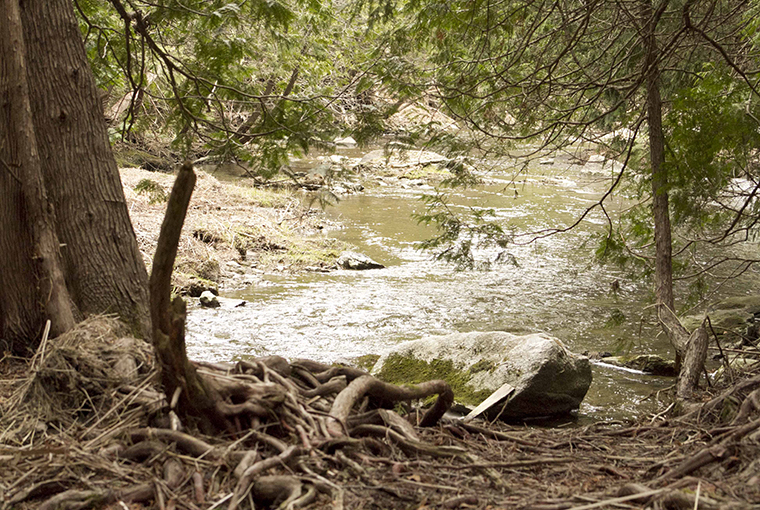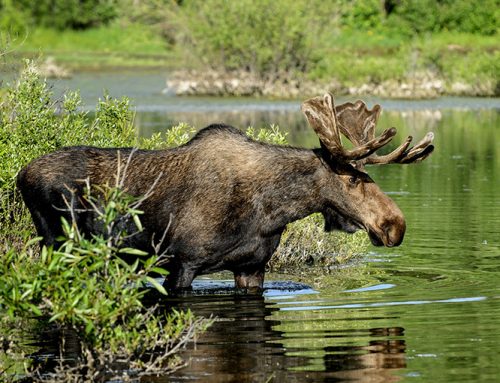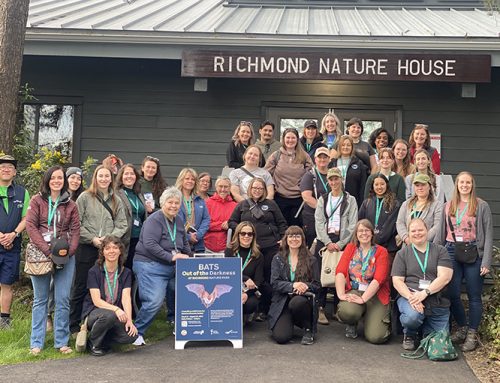
Changes to the Conservation Authority Act have caused the association that represents 36 provincial conservation authorities (CAs) to voice concern and seek public support.
Conservation Ontario (CO) worries the changes buried in last November’s Ontario’s 2020 Budget (Bill 229) could be detrimental to CAs.
“There are a number of changes that we feel could have significant impact on CAs, and on their watershed management responsibilities,” said CO General Manager Kim Gavine.
Consultation held
The province began reviewing the Act in April 2019 and opened a period of public consultation on the Environmental Registry of Ontario. The government effort included a series of five consultation meetings across the province in 2020 hosted by the Minister of Environment, Parks, and Conservation (MECP). Representatives from municipalities, CAs, as well as agriculture, landowner, and development sectors were invited to attend. CO presented at those sessions too.
Hard remedies
The changes introduced in the budget emerged from the review and were meant to help streamline approval processes and increase provincial and municipal oversight. The government also hopes changes implemented would ensure CAs delivered on their core mandates, which is “to improve poor land, water, and forestry practices that had led to drought, flooding, erosion, and deforestation…”
Many of the changes are designed to provide more to the municipalities in which the CAs operate. For instance, 70% of a CA board must now be members of municipal councils. The MECP says this will help municipalities better understand what CA programs and services are provincially mandated.
The change will also give municipalities more control over CA funding of non-mandatory programs and allow them to better respond to local needs and priorities. CAs are also now required to publish financial statements, minutes and agendas, member agreements, and municipal agreements for non-mandatory programs and services, for public scrutiny. Recreational and educational programs will still be allowed so long as funds are self-generated or supported by the municipality.
Promoting transparency
The goal is to promote transparency and financial accountability to municipalities and taxpayers.
“There are a number of changes that could actually create more red tape and delay permit application approvals and I’m not sure that’s what the Province intended to do,” Gavine said.
According to a CO press release, perhaps the most contentious change introduced is that the Minister of Municipal Affairs and Housing can now issue Minister’s Zoning Orders, which can override conservation authority science-based decisions.
“In fact, the new section requires the conservation authority to issue the permit even if the application does not meet the criteria for issuing a permit and/or contravenes provincial policies and plans,” the release noted.
Gavine also pointed out that, as a group, the amendments diminish the roles and responsibilities of conservation authorities and threaten the integrity of science-based watershed management.
She added that CO was already in process of streamlining conservation authority permit approval processes.
More consultation
Stakeholders and the public were able to provide additional consultation in late January. Later this year, a second round of consultation will be implemented. Additionally, a Working Group was created so that stakeholders and CAs can have a stronger voice at the table when it comes to implementing changes. That group will be tasked with looking at the first phase proposed regulations which will be made available for public consultation in late January 2021.
The OFAH viewpoint
Ontario Federation of Anglers and Hunters Resource Management Specialist Lauren Tonelli said, “The OFAH works very closely with CAs through our conservation programs, and without the work of CAs, many of the OFAH’s conservation programs would have a difficult time meeting the high level of work that they do now.
The changes that were included in Bill 229 have the potential to restrict the programs that CAs are able to implement and potentially hamper the ability of CAs to work with the OFAH’s conservation programs in the future. The OFAH is asking that the government to be transparent and adequately consult on any policies and regulations that come out of the changes to ensure that the outdoor community can be involved in protecting what it loves – the outdoors.”






Leave A Comment